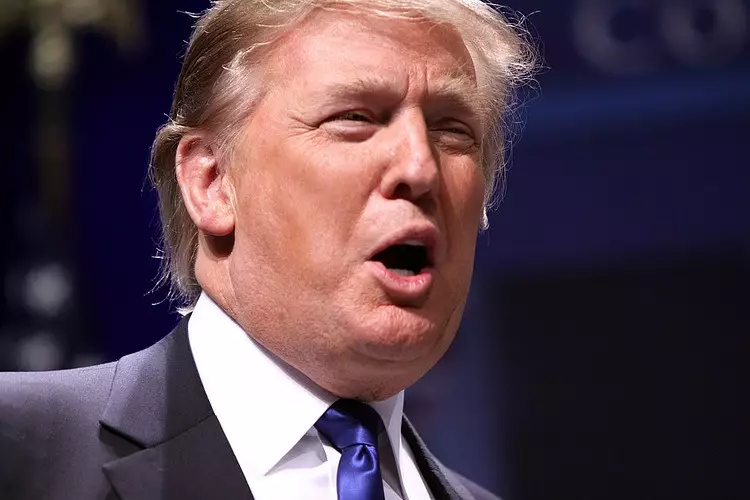With Donald Trump taking the reins as President-elect, his selections for key administration roles have sparked significant interest and debate. These appointments lay the groundwork for the economic direction of his administration and indicate potential shifts in policy and regulatory frameworks. Notable nominations include Scott Bessent for the Treasury, Howard Lutnick as Commerce Secretary, and Kevin Hassett leading the National Economic Council. Additionally, Alina Habba, Trump’s defense attorney, will serve as a Counsellor to the President. The implications of these appointments are profound and worth exploring.
The Significance of Economic Leadership
Trump’s choices reflect a blend of political loyalty and economic expertise. Scott Bessent’s experience in financial markets brings a strategic perspective to the Treasury, while Howard Lutnick’s background—a wealth of expertise from the finance sector—positions him poised to navigate complex trade and commerce issues. Kevin Hassett, appointed as head of the National Economic Council, has a reputation as a prominent economist, which may influence policy decisions aimed at stimulating growth. Collectively, these appointments present a focus on economic pragmatism over ideologic purity, suggesting that Trump favors a functional approach to economic leadership.
The appointments indicate potential reform in economic policy, particularly in how the U.S. positions itself in global markets. For instance, Andrew Ferguson’s chairpersonship of the Federal Trade Commission suggests forthcoming scrutiny of market competition and trade practices. Meanwhile, appointments like Jacob Helberg as Secretary of State for Economic Growth, Energy, and Environment, underscore a commitment to balancing economic growth with environmental considerations, which may resonate with a broader public interest in sustainable practices.
Moreover, moving forward with Paul Atkins as chairman of the Securities and Exchange Commission could signal shifts in financial regulation, affecting how investment markets operate. Such alterations could reshape market dynamics, influencing investor behavior and economic stability.
While assessing these appointees, one must consider the gravity of the U.S. Dollar (USD) as both a national and global currency. The USD remains the most heavily traded currency worldwide, accounting for a remarkable segment of daily forex transactions. Its status as the world’s primary reserve currency, a title it acquired after World War II, is a testament to its reliability. However, this position is increasingly challenged by emerging markets and alternative currencies.
Given that monetary policy is a significant contributor to the Dollar’s value, the Federal Reserve’s direction under Trump’s administration will be pivotal. The Fed’s established dual mandate—strengthening price stability and maximizing employment—will influence interest rate adjustments, subsequently affecting the Dollar’s valuation on the global stage.
The Federal Reserve’s Instrumentation
The effectiveness of the Federal Reserve in steering the economy cannot be overstated. As evidenced during the 2008 financial crisis, tools such as quantitative easing (QE) enabled a rapid influx of credit, propping up an ailing economy but potentially leading to a weaker Dollar. On the contrary, quantitative tightening (QT) serves to enhance the Dollar’s strength by reducing the money supply and fostering higher interest rates.
The impact of these policies directly correlates with the appointed economic leaders’ approach to fiscal management, which could steer the nation towards a thriving or stagnated economy. Post-crisis recovery plans and regulatory stances established by Trump’s team will be watched closely for signs of broader economic strategies.
In summation, as Trump assumes the presidency, his key economic appointments signal a decisive shift in the administration’s approach toward domestic and international economics. The collective experience of his team highlights a pragmatic strategy with potential implications for policy reform and the broader economic landscape. The performance and decisions of these leaders over the coming months will not only influence U.S. economic health but also the strength and value of the Dollar in an increasingly competitive global economy. The results remain to be seen, but the path carved by Trump’s appointments hints at a dynamic period ahead for fiscal policy and global trade relations.

